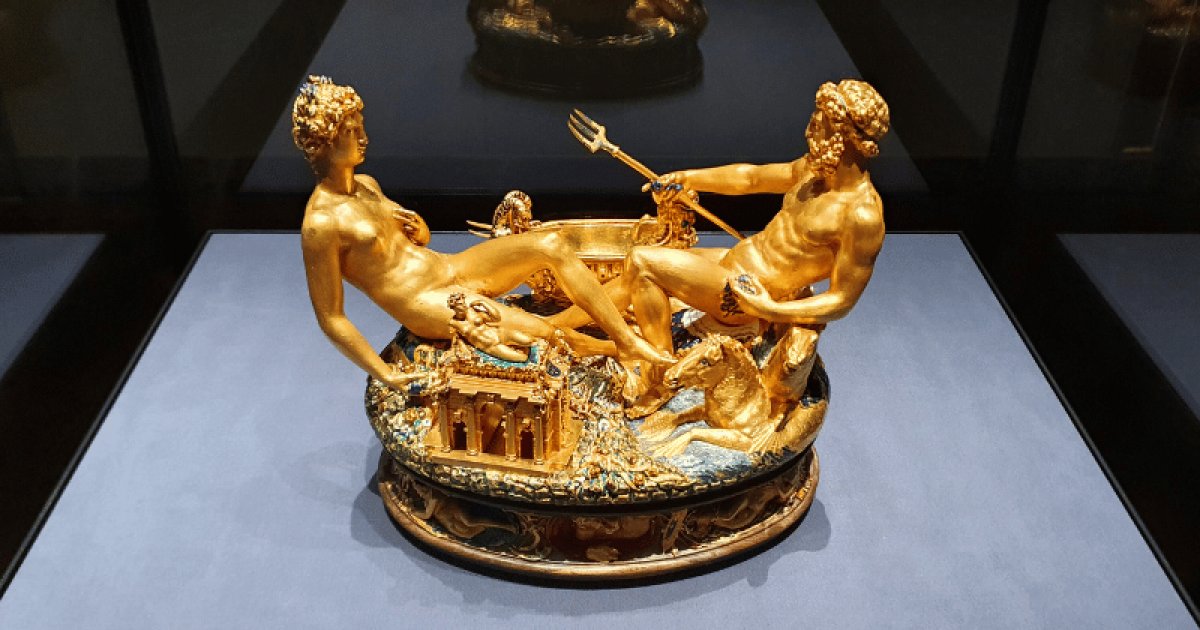Emperor Rudolf II of Habsburg
 Language: English / USA
Language: English / USA
Rudolf II of Habsburg (1552-1612) was Emperor of the Holy Roman Empire, King of Bohemia and Hungary, and an important patron of the arts and sciences.
Born in Vienna on July 18, 1552, Rudolf was the eldest son of Emperor Maximilian II and Maria of Spain. He was raised in Spain at the court of King Philip II, where he developed a strong interest in art, alchemy, and the sciences.
Rudolf ascended the throne in 1576, succeeding his father as Emperor of the Holy Roman Empire. During his reign, he moved the imperial capital from Vienna to Prague, transforming the city into a major cultural and scientific center. Prague became a crossroads for artists, scientists, and alchemists, attracting illustrious figures such as the astronomer Tycho Brahe, the astronomer and mathematician Johannes Kepler, and the painter Giuseppe Arcimboldo.
Rudolf II is remembered as a great patron of the arts and sciences. His court in Prague became famous for its vibrant cultural and intellectual life. Rudolf collected works of art, scientific instruments, rare manuscripts, and curious objects, creating one of the most extraordinary collections of his time.
In addition to his passion for art, Rudolf II was deeply interested in the occult sciences and alchemy. He promoted alchemical research in the hope of discovering the philosopher's stone and the elixir of life. This interest led him to patronize numerous alchemists and esoteric scholars.
His reign was marked by political instability and religious conflicts. His inability to effectively manage state affairs and religious tensions between Catholics and Protestants weakened his power. In 1608, his brother, Archduke Matthias, forced him to cede control of Austria, Moravia, and Hungary.
Rudolf II also suffered from personal problems, including depression and possible mental disorders, which worsened with age. His mental health gradually declined, leading to a further deterioration of his ability to govern.
Rudolf II died on January 20, 1612, in Prague. Despite the political problems of his reign, his legacy as a patron of the arts and sciences is enduring. His court in Prague is remembered as an important center of culture and innovation, and the collections he assembled profoundly influenced the development of the arts and sciences in Europe.


